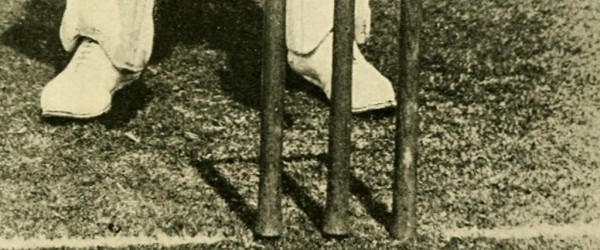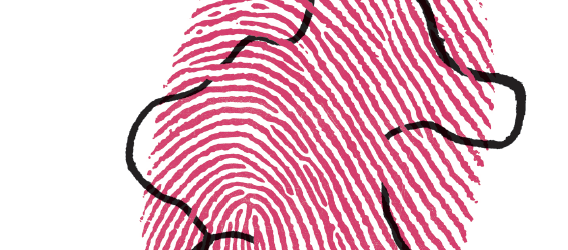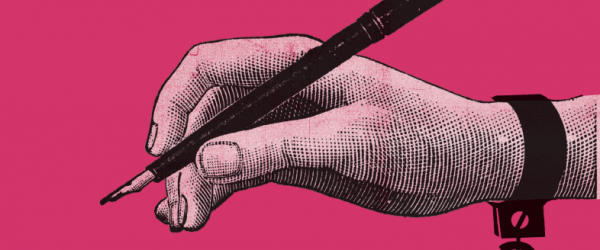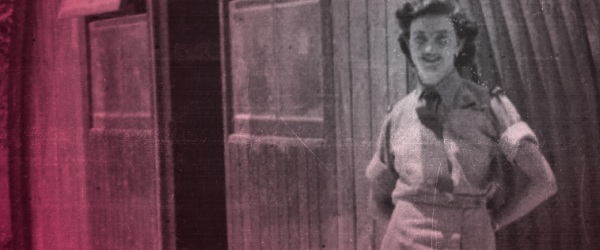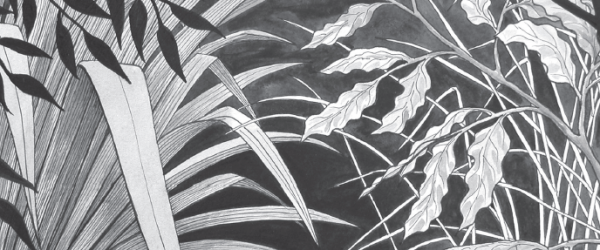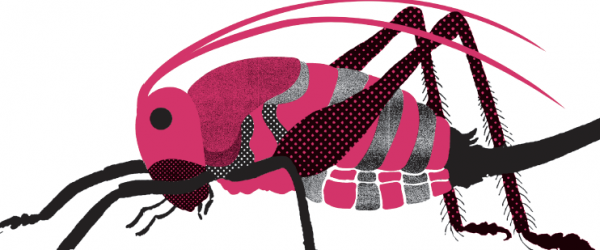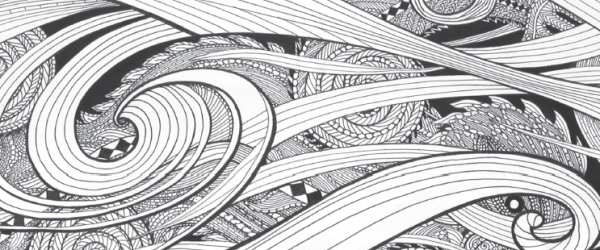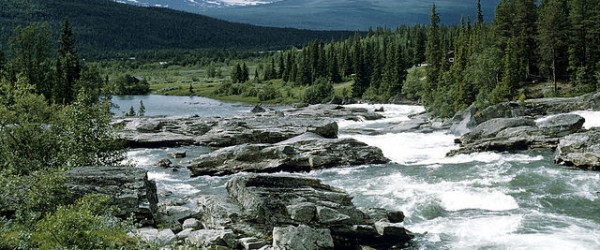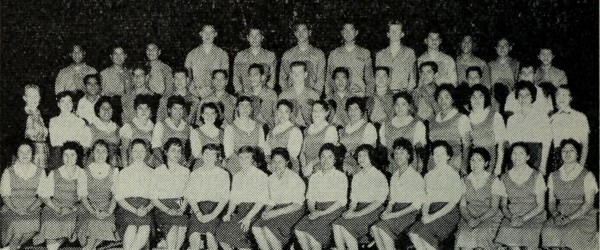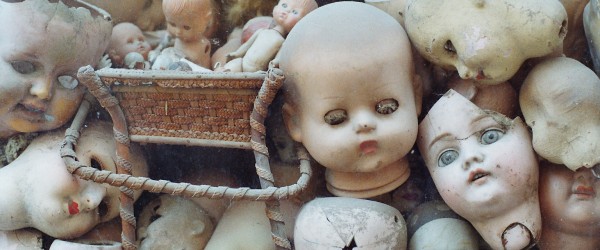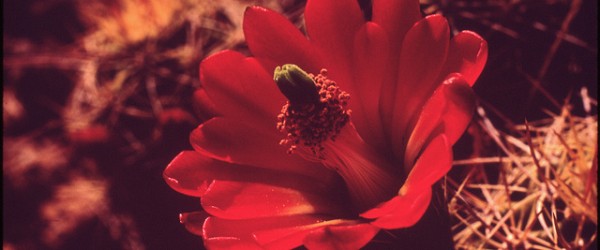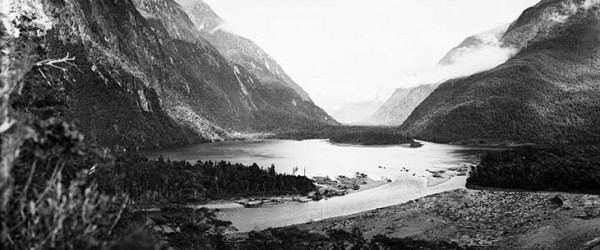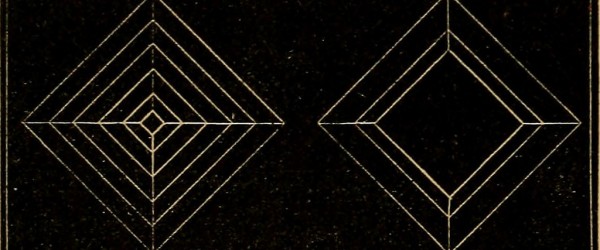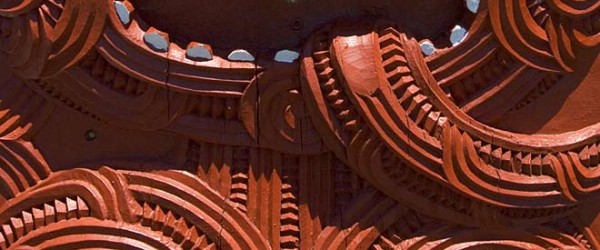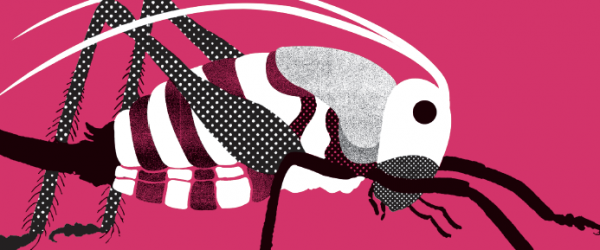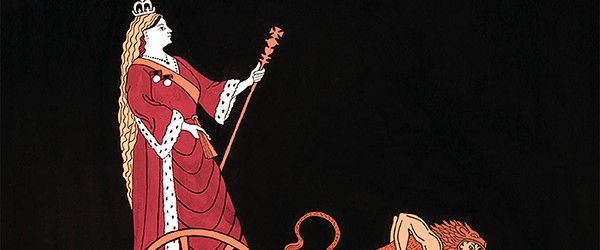
219 Winter 2015
Buy this issue

The stories told about our colonial histories, the similarities between Gaza and Ferguson, working with whistleblowers, defence lawyers and rape trials, Tonga after Feta Helu, original fiction, poetry and more.
Issue Contents
Regulars
Mel Campbell
Alison Croggon
Stephen Wright
Features
Anton Blank
Scott Hamilton
Nicky Hager
Max Rashbrooke
Catriona MacLennan
John Clarke
Faisal Al-Asaad
Morgan Godfery
Fiction
Lawrence Patchett
Pip Adam
Jolisa Gracewood
Tina Makereti
Poetry
Airini Beautrais
Tulia Thompson
Anna Jackson
Nicole Hawkins
Rachel J Fenton
Apirana Taylor
Apirana Taylor
Murray Edmond
Kiri Piahana-Wong
Reihana Robinson
Selina Tusitala Marsh
Ben Brown
Robert Sullivan
Editorial
Giovanni Tiso
Browse the issue:
Features
Editorial


